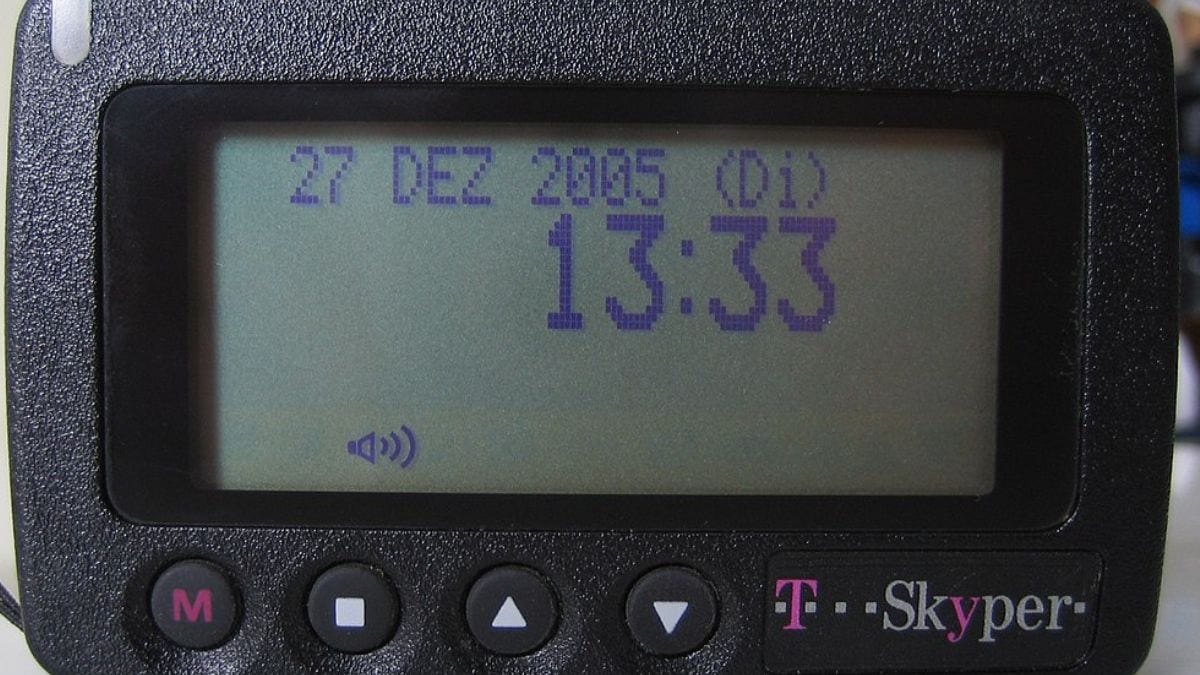In recent news, Lebanon has become a focal point of international attention due to a tragic incident involving the explosion of thousands of wireless gadgets associated with Hezbollah fighters. On Tuesday, at least 20 individuals lost their lives, and many more were injured when devices such as walkie-talkies, laptops, mobile phones, and solar panels detonated. The situation escalated further on Wednesday, raising concerns over safety and security in the region. According to reports from NDTV, a senior security source in Lebanon alleged that Israel’s spy agency, Mossad, was behind the incident, claiming they had implanted explosives in approximately 5,000 pagers used by Hezbollah.
Understanding Pagers
Pagers, also known as beepers, are compact communication devices that facilitate the sending and receiving of short messages using radio frequency signals. Originally designed for numeric and alphanumeric messages, pagers were widely used before the rise of mobile phones. Their primary users included professionals like doctors, who required instant communication, and journalists working in fast-paced environments.
How Do Pagers Work?
The fundamental operation of pagers relies on radio waves, where messages are transmitted from a central server to the individual devices. When a message is received, the pager emits a beep to alert the user. The invention of the first pager by American inventor Alfred Gross in 1949 marked the beginning of a new era in communication. However, Motorola registered the term ‘pager’ in 1959. Motorola’s first device, the Pageboy 1, was launched in 1964. Over the years, technological advancements led to the creation of pagers with small screens capable of displaying messages, becoming increasingly popular in the 1980s.
Pager Usage Statistics
| Year | Pager Usage |
|---|---|
| 1994 | 60 million pagers in use worldwide |
| 2000s | Decline in usage with mobile phone prevalence |
| Present | Still utilized by niche markets for specific communication needs |
Pagers and Hezbollah
The recent incident has thrust pagers back into the spotlight, especially concerning their use by Hezbollah fighters in Lebanon. Reports indicate that these individuals rely on pagers to maintain secure communication and avoid detection by Israeli intelligence. The alleged planting of explosives by Mossad in the pagers ordered by Hezbollah months ago has raised alarms about the potential risks of using such communication devices in conflict zones.
This series of explosions has raised questions about the security surrounding communication devices and the strategic maneuvers in the ongoing tensions in the Middle East. As the situation unfolds, it highlights the importance of understanding not just the technology behind pagers, but also their implications in modern warfare.










